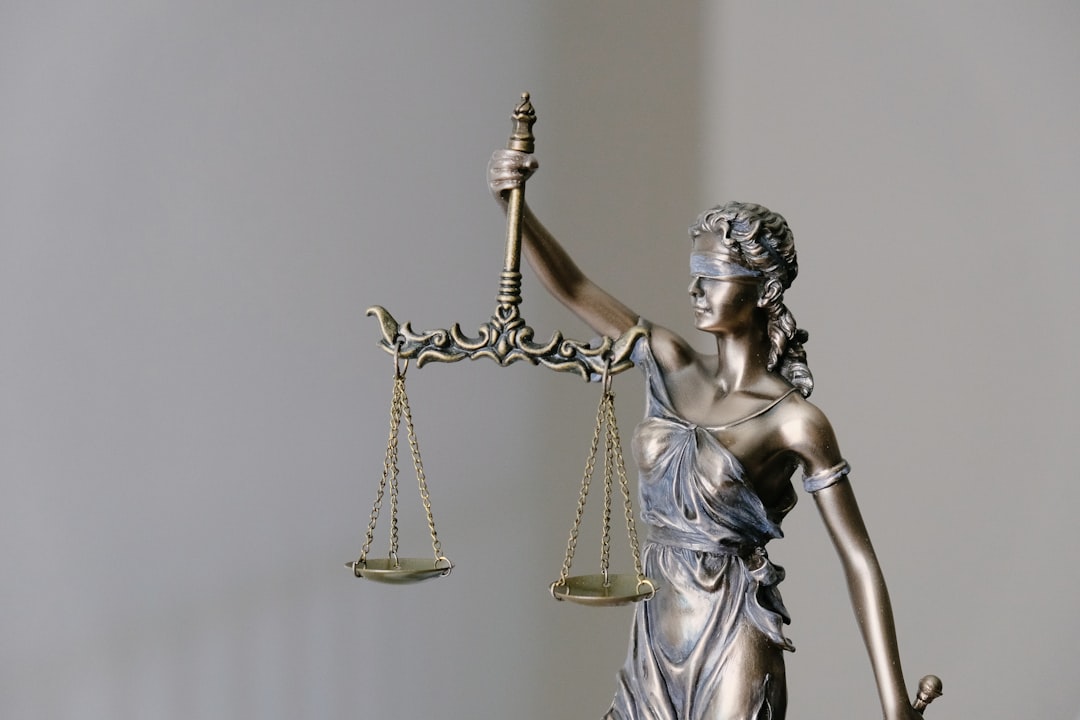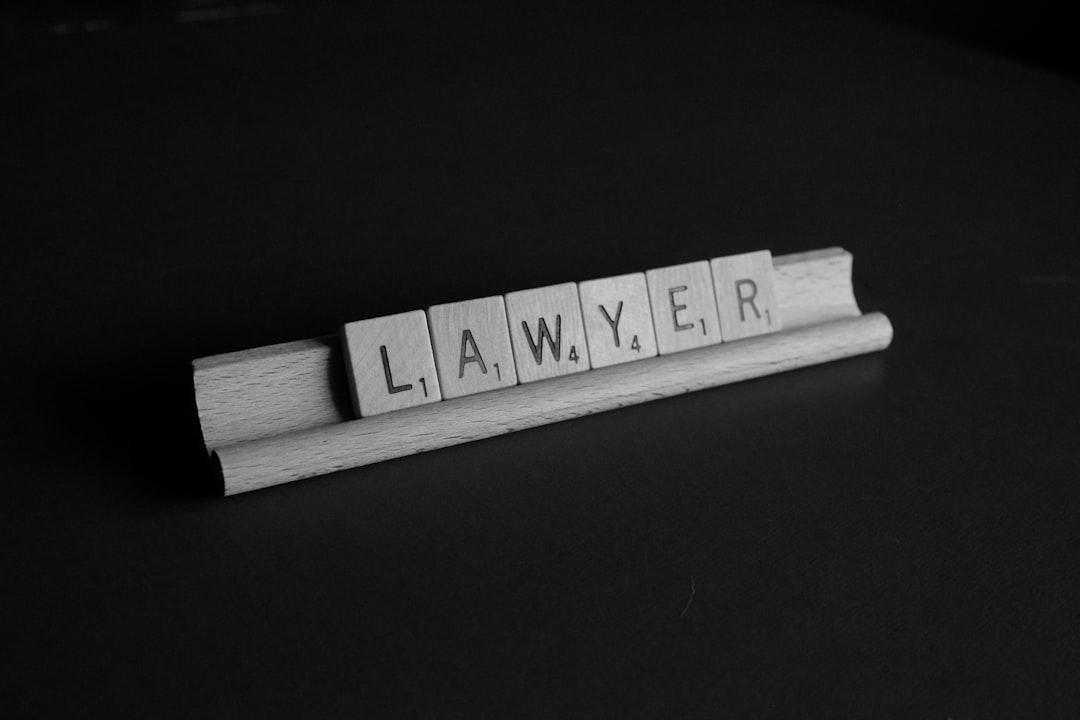Massage abuse cases in New Jersey are on the rise, prompting increased scrutiny of the spa industry. State laws prioritize client safety, holding spas accountable for misconduct through licensing requirements and strict liability rules. Victims have access to specialized massage abuse law firms that navigate complex legal matters, emphasizing consent, professional conduct, and spa owner responsibility. Spa owners must implement rigorous safety measures, staff training, and clear policies to prevent abuse, facing potential liability if they fail. New Jersey's robust legal system supports victims through free consultations and successful compensation claims with the help of massage abuse law firms.
In New Jersey, massage therapy is a growing industry, yet cases of abuse and misconduct within spas have gained significant attention. Understanding the liability of spa owners in such instances is crucial for both victims seeking justice and businesses aiming to maintain ethical practices. This article explores the legal framework surrounding massage abuse cases, highlighting the rights of clients and the obligations of spa owners under New Jersey’s laws. We provide insights into strategies for victims, emphasizing the importance of choosing reputable massage abuse law firms in New Jersey for effective legal representation.
Understanding Massage Abuse Cases in New Jersey
Massage abuse cases in New Jersey have gained significant attention due to the rising number of victims coming forward with allegations of mistreatment and unethical practices within the spa industry. These cases often involve claims of sexual harassment, assault, or battery during massage sessions, highlighting the importance of understanding the legal framework surrounding such incidents. The state’s laws aim to protect clients’ rights and ensure spa owners maintain a safe environment.
New Jersey’s robust legal system provides victims with avenues for justice through specialized massage abuse law firms. These firms have extensive knowledge of local regulations and are equipped to handle complex cases, ensuring proper documentation, evidence collection, and legal representation. Understanding the specific laws related to consent, professional conduct, and liability is crucial in navigating these cases effectively.
Legal Framework: New Jersey's Laws on Spa Liability
In New Jersey, the legal framework regarding spa liability, particularly in cases of massage abuse, is governed by a combination of state laws and regulatory guidelines. The primary focus is on ensuring consumer safety and holding spas accountable for any harm caused by their services. One key aspect is the requirement for spas to obtain proper licensing, which involves meeting specific health and safety standards set forth by the New Jersey Department of Health. These regulations aim to prevent instances of massage abuse by establishing a structured framework for spa operations.
Moreover, New Jersey law recognizes the potential for negligence on the part of spa owners and employees. If a client suffers harm due to inadequate training, supervision, or failure to maintain a safe environment, legal action can be taken. Massage abuse law firms in New Jersey have successfully pursued cases against spas that neglected their duties, resulting in substantial settlements for victims. Understanding these legal implications is crucial for spa owners to implement robust safety measures and avoid potential liabilities.
Obligations of Spa Owners to Protect Clients
Spa owners in New Jersey have a legal obligation to ensure the safety and well-being of their clients, especially when it comes to preventing massage abuse. This includes implementing robust screening processes for all staff members, providing comprehensive training on consent, privacy, and professional boundaries, and establishing clear policies that delineate acceptable conduct.
Moreover, spa owners must foster an environment where clients feel comfortable reporting any concerns or incidents of inappropriate behavior without fear of retaliation. Collaboration with local massage abuse law firms in New Jersey can help spas stay informed about the latest legal developments and best practices for protecting their patrons, thereby upholding their moral and legal duties to provide a secure space for relaxation and therapy.
Common Arguments Against Spa Owner Liability
Many spa owners and managers argue that they should not be held liable for incidents of massage abuse, citing several common defenses. One argument is that they have no control over the actions of individual therapists, as each therapist operates independently. They claim that proper training and licensing ensure competent practice, minimizing their direct responsibility.
Another frequent defense involves the idea of “assumed risk.” Spa owners might suggest that clients are aware of the nature of spa services and voluntarily assume any potential risks, thereby releasing the facility from legal liability for harm caused during a massage. However, these arguments are challenged by massage abuse law firms in New Jersey, who argue that spas have a duty to ensure a safe environment and prevent foreseeable harm to their clients.
Strategies for Victims Seeking Justice: Choosing Massage Abuse Law Firms in New Jersey
If you’ve experienced massage abuse in a New Jersey spa, seeking justice can be a challenging journey. The first step is to connect with compassionate and knowledgeable legal professionals who specialize in massage abuse cases. Look for massage abuse law firms in New Jersey that have a proven track record of successfully representing victims and securing compensation for their clients. These firms often offer free consultations, ensuring you have a clear understanding of your rights and options without any financial burden upfront.
When choosing a legal representative, consider attorneys who are not just experts in personal injury law but also have experience navigating the complexities of spa liability cases. You want a firm that will fight tirelessly to hold spas accountable for their employees’ actions, ensuring you receive the justice and redress you deserve.






